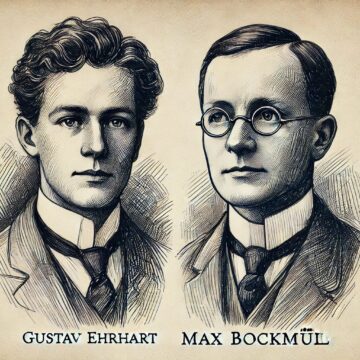During the late 1930s, Gustav Ehrhart and Max Bockmühl, both research chemists working at IG Farben’s Hoechst laboratories, successfully synthesized a novel compound later known as methadone. Although initially developed to mitigate Germany’s reliance on imported opiates, methadone’s significance would transcend its wartime origins, ultimately emerging as a crucial medication in modern pain management and opioid dependence treatment. Despite the obscurity of their personal histories, Ehrhart and Bockmühl’s pioneering achievement demonstrates how scientific discovery can evolve far beyond the political and historical circumstances of its inception, offering vital therapeutic benefits to countless patients worldwide.
